Vaccine passports and COVID-19 status apps
An evidence review and expert deliberation of the practical and ethical issues around digital vaccine passports and COVID-19 status apps.
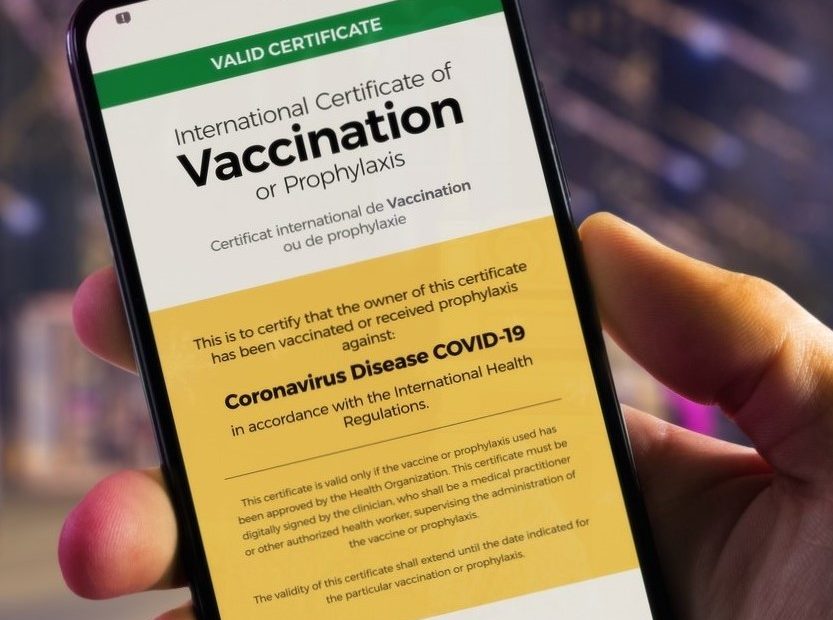
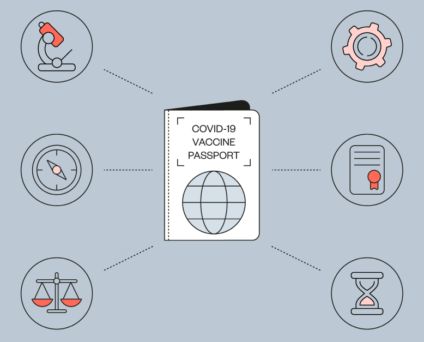
Requirements for governments and developers
Checkpoints for vaccine passports
Project overview
The rapid development and roll-out of vaccines to protect people from COVID-19 prompted significant debate about digital ‘vaccine passports’. The Ada Lovelace Institute, in collaboration with Professor Sir Jonathan Montgomery, explored the evidence, risks and benefits of private and public sector digital vaccine and COVID-19 status certification schemes.
This project began in January 2021 with a call for public evidence. Alongside this, we convened a rapid deliberation with a multi-disciplinary group of experts to identify the opportunities and challenges of health passport apps. We also hosted a series of public events which explored the history of vaccine certifications, the technical design for digital certification regimes, and the ethical, health and legal challenges they pose.
This culminated in a report, Checkpoints for vaccine passports, designed to provide guidance to the UK, and other national governments, on the potential roll-out of digital vaccine certification schemes. In it, we set out a series of thresholds for vaccine passports being developed, deployed and implemented in a societally beneficial way.
Project background
This project was the next phase of Ada’s broader work on the technical considerations and societal implications of COVID-19 related technologies. This includes Exit through the app store, a rapid evidence review into the use of technologies to transition out of the first COVID-19 lockdown in April 2020.
During the course of the pandemic, countries around the world adopted vaccine passports which granted an individual certain privileges, generally based on a test result or their vaccination status. This could include exemption from quarantines and contact tracing self-isolation requests or greater access to social events and workplaces.
As a vaccine was rolled out around the world, and in the UK from December 2020, there was a need to consider the benefits and risks of certification schemes. At this time and as shown by Ada’s International monitor of vaccine certificates and COVID status apps, politicians and officials around the world were exploring the idea. The World Health Organisation was recruiting experts to inform the development of a vaccine certification and collaborating with Estonia to develop a Smart Vaccination Certificate consortium, and private airline companies had begun to develop prototypes.
Project findings
This research was conducted rapidly, with findings released in stages to respond to the ever- evolving policy developments in the UK and beyond.
In February 2021, we published our interim review, What place should COVID-19 vaccine passports have in society?, which summarises the findings and recommendations from our expert deliberation.
The same month, we hosted four public events, which you can watch back via the below links:
- The history and uses of vaccine passports and COVID status apps
- The epidemiological and economic impact of vaccine passports and COVID status apps
- The ethical implications of vaccine passports and COVID-19 status apps
- The socio-technical challenges of designing and building a vaccine passport system
In May 2021, we published our final report, Checkpoints for vaccine passports. This outlines guidance for governments and developers to build a vaccine passport system which delivers societal benefit.
Next steps
Our research into the datafication of health is ongoing. This includes an exploration of the global, long-term implications and impacts of COVID-19 technologies, such as digital vaccine passports and contact tracing apps. For more information, visit the Health data and COVID-19 technologies programme page.
What place should COVID-19 vaccine passports have in society?
Findings of the rapid expert deliberation
Related content
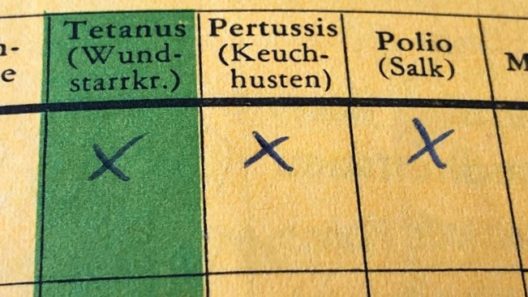
The history and uses of vaccine passports and COVID status apps
The first in a series of public evidence events on vaccine passports and COVID status apps.

International monitor: vaccine passports and COVID-19 status apps
A tracker collating developments in policy and practices around vaccine certification and COVID-19 status apps as they emerge around the world.
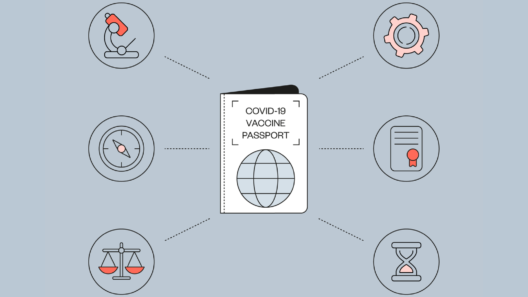
Checkpoints for vaccine passports
Requirements that governments and developers will need to deliver in order for any vaccine passport system to deliver societal benefit
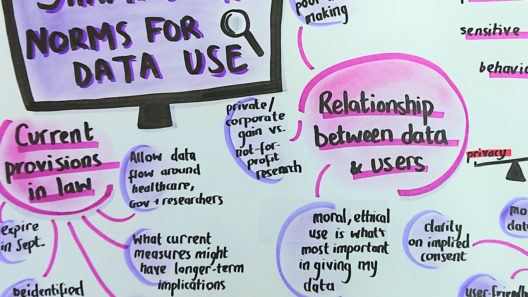
A rapid online deliberation on COVID-19 technologies: building public confidence and trust
Considering the question: ‘What would help build public confidence in the use of COVID-19 exit strategy technologies?’